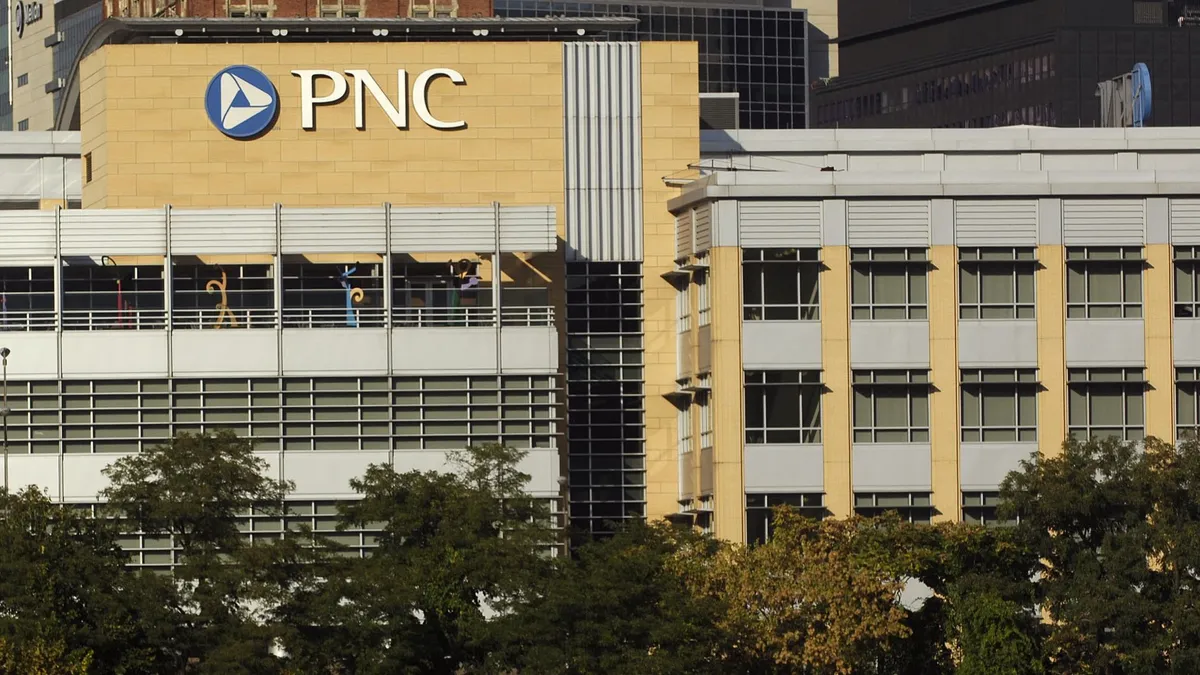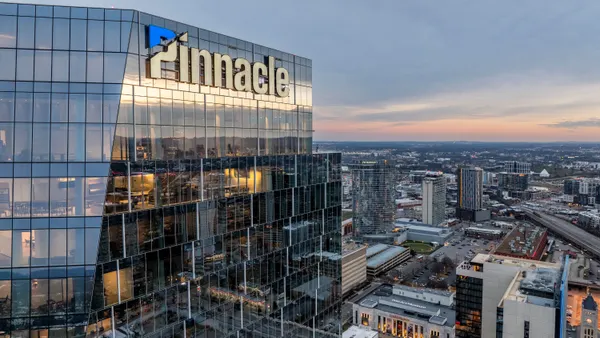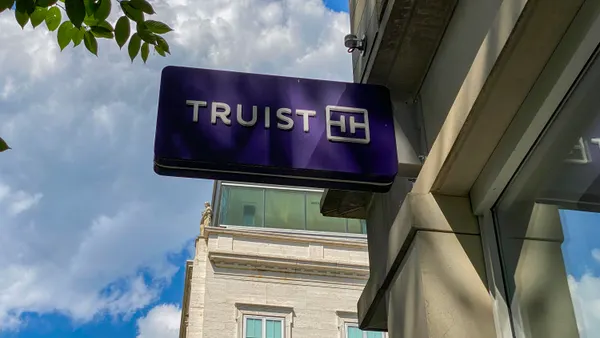Attorneys for PNC on Tuesday said USAA’s lawyers “tainted” a May patent-infringement trial when they played for jurors a recording of a deposition during which the questioner referenced a previous dispute USAA won over Wells Fargo based on the same patent.
USAA’s court victory over Wells Fargo represented “excluded information” for the purposes of the PNC trial, and could have prejudiced the jury, the Pittsburgh-based bank’s attorneys said, asking a district court judge for a new trial.
PNC was ordered in May to pay $218.5 million on claims it infringed upon USAA’s mobile deposit technology. USAA won a pair of nine-figure judgments against Wells Fargo in the same district court in 2019 and 2020 on similar grounds. Wells Fargo agreed to settle the cases with USAA in February 2021.
"Did you take any step whatsoever from the time … you were aware that Wells Fargo was found to infringe USAA's patents when it used a Mitek system?” a lawyer for USAA asked PNC employee Alexander Goodstein in a deposition played at the May trial, according to Tuesday’s filing, earlier reported by Law360.
That question, PNC’s lawyers asserted, “revealed three highly prejudicial facts to the jury, that: Wells Fargo was found to infringe USAA's patents; the infringement finding was based on Wells Fargo's use of a system provided by Mitek, which the jury knew also supplies PNC's software; and [that] Goodstein was 'aware' of the infringement finding against Wells Fargo.”
The audio clip’s impact to the jury was bolstered when a transcript of the questions and answers were displayed on court screens, PNC’s lawyers added.
The attorneys made the same objection to the judge during the May trial — asking for a mistrial, which the judge denied, according to Law360.
The judge, a day after the deposition was played, instructed jurors not to consider the Wells Fargo-related information, repeating the details "three times in quick succession,” PNC’s attorneys wrote Tuesday, adding that the repetition reinforced prejudice.
PNC’s attorneys filed two other motions Tuesday, outlining separate reasoning for a new trial.
Whither Round 2?
The filings come days after PNC was ordered to pay USAA another $4.3 million for infringing — though not willfully — on two USAA mobile deposit patents.
The outcome was far from a worst-case scenario for PNC. USAA had sought damages plus interest and said PNC customers "deposit on average over 2.5 million checks per month" through the disputed products.
"While we disagree with the jury's conclusion … we are gratified the jury rejected USAA's claim of $80.5 million for 14 months of alleged infringement and awarded only $4.3 million for the entire life of USAA's mobile deposit patents,” a PNC spokesperson told Law360 on Monday.
USAA’s aim "has always been to be reasonably compensated for the investment in mobile banking innovation we have made on behalf of our members and the military community,” Nathan McKinley the company's vice president of corporate development, told Law 360 on Monday.
"We look forward to working with banks to create reasonable and mutually beneficial license agreements,” he added.
USAA sent letters to 100 banks in 2017, warning them they were violating the company’s mobile deposit patents. The San Antonio-based insurer sued Truist in July, claiming the bank is infringing on three patents related to mobile deposit capture technology.
The technology at the center of USAA’s spate of legal actions was developed by software company Mitek Systems and is used by about 6,500 financial institutions, which would have to negotiate with USAA to pay additional licensing fees.
Mitek and USAA began collaborating in the early 2000s on remote deposit capture technology that would let customers — specifically, service members stationed in far-flung outposts — deposit checks using their phones. Mitek and USAA, however, had a falling out, sued each other, then separately launched similar mobile deposit capture products — first Mitek in February 2008, then USAA in August 2009.
After a series of legal battles over the rights and licensing of the technology, the companies settled in 2014, and both kept their patents.













